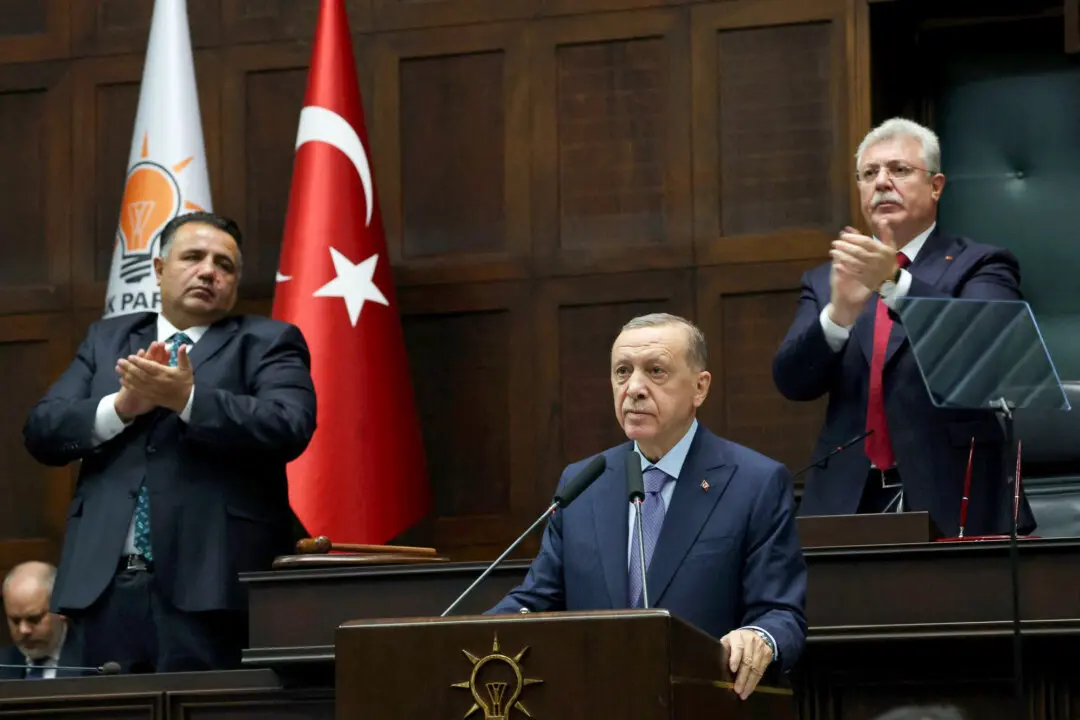Prime Minister Rishi Sunak has emphasised his belief in biological sex, putting him in opposition to the leader of the Labour Party who has said that “99.9 percent of women do not have a penis” as Britain debates gender laws.
Speaking on Thursday with ConservativeHome, when asked what percentage of women have a penis, Sunak agreed with the statement that “of course” 100 percent of women do not have a penis, reaffirming his view that “biological sex is vitally, fundamentally important to these questions.”





